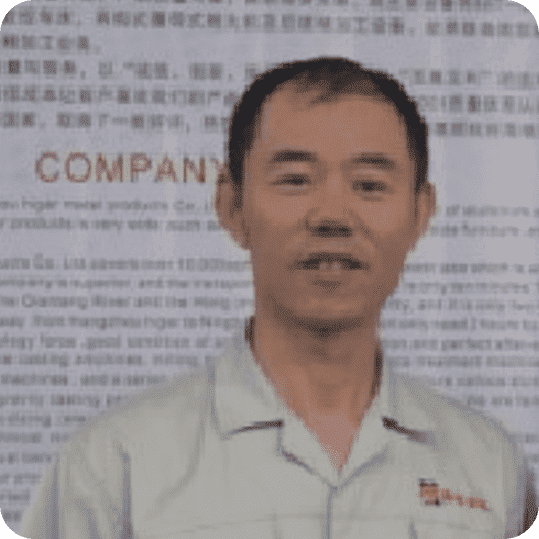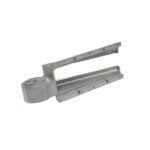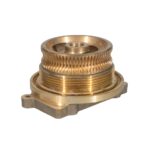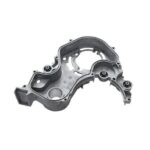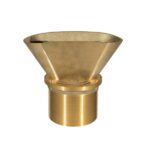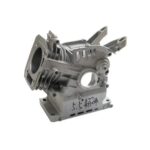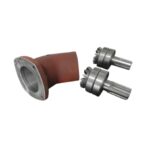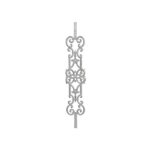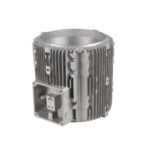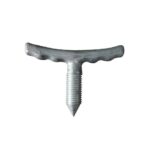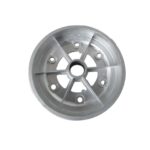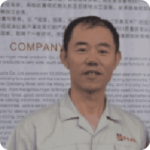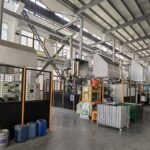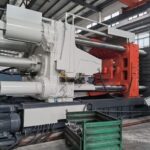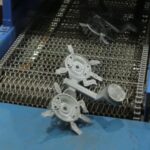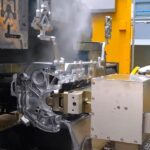Aluminum die casting is a versatile manufacturing process that transforms molten aluminum into high-precision, durable parts.
This method is widely used across industries due to its cost-effectiveness and ability to produce complex designs.
Below, we’ll explore the process, advantages, applications, and future of aluminum die casting.
Understanding Aluminum Die Casting
Aluminum die casting involves forcing molten aluminum alloy into steel molds under high pressure.
The process produces intricate parts with excellent dimensional accuracy and surface finish. Its efficiency and adaptability make it a cornerstone in modern manufacturing.
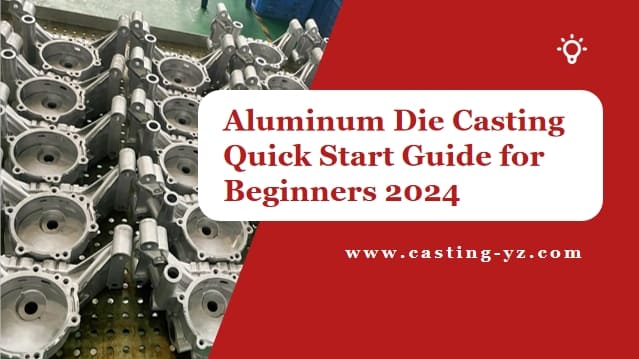
Searching for High-Quality for Cast Aluminum Parts?
You’ve come to the right place! Yongzhu Casting is a certified die casting manufacturer with over 20 years of expertise in the industry.
We have successfully completed numerous die casting projects for Aluminum casting parts, particularly in your industry.

Zhejiang Yongzhu Casting Technology Co., Ltd.
Location: Zhejiang, Shaoxing
Company type: Manufacturing
Year Founded: 2004
Main Products: Aluminium die casting, Mold Making, Die Casting, Sand Casting, Gravity Casting
Leading Chinese producer Yongzhu Casting is formerly known as Hangzhou Higer Metal Products Co., Ltd., was established in 2004.
With 20 years of experience in the industry, we are a specialized manufacturer in Aluminum casting and Machining.
Our products are widely used in various applications such as Automotive, Energy, Lighting, Medical, Home Furnishings, Machinery & Equipment etc. Below is one of our products.
It’s worth mentioning that the evolution of rapid logistics has transformed how industries approach purchasing. Aluminum casting orders can now be sourced from overseas suppliers efficiently.
For instance, working with YONGZHU CASTING, you can inquire, order, and even find better value than your local options—all while maintaining assured quality.
Design Review & DFM Support
Our professionals will evaluate your designs and provide suggestions for cost savings. Additionally, we offer Design for Manufacturing (DFM) assistance and conduct mold flow analyses to facilitate efficient production.
State-of-the-Art Manufacturing Equipment
Our facility is equipped with advanced hot-chamber and cold-chamber die casting machinery for aluminum and zinc production.
We also utilize high-precision CNC machines in a temperature-controlled workshop, featuring 3-Axis, 4-Axis and 5-Axis setups to manage any project you have.
Rigorous Quality Control Measures
Our dedicated quality control team ensures that all parts meet the highest standards of quality and consistency. We employ high-accuracy measurement instruments, including CMM, spectrometers, and X-ray detectors.
Comprehensive Surface Treatment Options
We provide a variety of surface finishing techniques for your precision die casting components. Our in-house services include cleaning, polishing, anodizing, shot blasting, and painting.
Flexible Project Acceptance
While larger manufacturers often shy away from low-volume projects, and smaller ones may struggle with quality, Yongzhu Casting stands apart. We prioritize customer satisfaction and willingly accept high-mix, low-volume projects like yours.

Advantages of Aluminum Die Casting
- Lightweight and Strong: Ideal for reducing weight in automotive and aerospace components.
- Precision Designs: Produces intricate shapes with tight tolerances.
- Cost-Efficiency: High production rates minimize unit costs for large-scale manufacturing.
- Surface Finish: Minimal post-processing is needed due to smooth cast surfaces.
- Versatile Applications: Widely used in automotive, aerospace, electronics, and consumer goods.
Comparison of Casting Methods
| Method | Pros | Cons |
|---|---|---|
| High-Pressure | High volume, precise parts | Higher upfront die cost |
| Low-Pressure | Ideal for thin walls, complex designs | Slower production rates |
| Gravity Casting | Simple and cost-effective for low volumes | Limited automation, slower turnaround |
Applications of Aluminum Die Casting
From engine components to electronic housings, aluminum die casting caters to industries requiring lightweight yet robust parts.
Automotive applications include wheels and housings, while aerospace leverages aluminum for airframes and landing gear.
Die Casting Process Overview
The aluminum die-casting process consists of:
- Mold Preparation: Cleaning, lubrication, and clamping of die halves.
- Metal Injection: Molten aluminum is injected at high pressure to fill the mold cavity.
- Solidification: Rapid cooling within the mold ensures a stable, fine-grained structure.
- Ejection: Finished parts are removed, followed by trimming or polishing.
Future Trends in Aluminum Die Casting
Emerging advancements like die design simulation, automation, and sustainable practices are transforming aluminum die casting.
These innovations promise greater efficiency, precision, and environmental friendliness, especially for industries like electric vehicles and aerospace.
FAQs About Aluminum Die Casting
- What industries benefit most from aluminum die casting?
Automotive, aerospace, electronics, and consumer goods industries leverage aluminum die casting for lightweight, precise parts. - Why is aluminum ideal for casting?
Aluminum offers a unique combination of lightweight properties, strength, and excellent thermal conductivity. - What are the common alloys used in aluminum die casting?
Al-Si, Al-Cu, and Al-Mg alloys are commonly used for their varying properties like strength, machinability, and corrosion resistance. - How does die casting compare to other methods?
Die casting excels in speed and precision, while sand casting is suited for low-volume production, and investment casting handles intricate designs. - Can aluminum die casting be used for large parts?
Yes, the process accommodates a range of sizes, though very large components may require alternative methods.
Conclusion
Aluminum die casting is essential for modern manufacturing, offering unmatched precision, speed, and versatility.
Its applications span diverse industries, and advancements in technology continue to enhance its capabilities.
For manufacturers and buyers alike, aluminum die casting remains a cornerstone of innovation.

